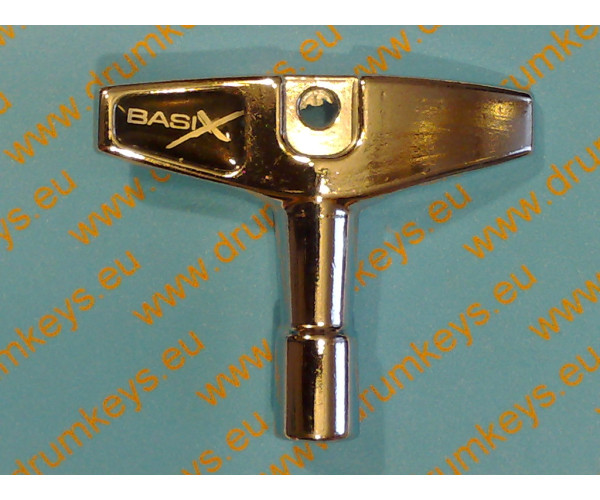Square key;
Basix Drums History
So, how did Basix Drums start as a drum brand? Basix is a brand under the Bazhou Basix Musical Instrument Co. Ltd, which is a joint venture of the founder of the company, Yan Bin, the German company GEWA, and Jack Westheimer, which is known for its contribution to global guitar making.
Yan Bin had a governmental assignment in 1980, and one of his tasks was to find or produce a drum kit for a western band touring the country. Unfortunately, there was no drum kit yet in China, which is why they were happy to accept a donated drum kit from Japan. After the government saw its need to manufacture drums, Yan Bin became involved in the business.
After many years, he decided to start his own factory, and after he attended the NAMM Show in 1999 as an exhibitor, he was able to meet one of the employees of GEWA. This employee visited his factory in China and helped him reorganize his production organization, and encouraged him to focus on improving the hardware, shell production, and the finishes of the drum kits.
After a couple of years, an idea came out that focused on producing affordable drum kits that could be used by music students or novice drummers, which resulted in the birth of Basix. Its earliest factory was located in Tianjin, but because the company needed to have a bigger factory for the production of the Basix drum kits, they were able to relocate to Bazhou.
After the joint venture was finalized in 2002, Westheimer Corporation acquired the distribution rights for the American continent, while GEWA has the distribution rights for Europe and the rest of the world. Yan Bin and his company are the ones that are running the production in China, but as GEWA is still involved in product development and the designing of new drum kits, they frequently visit the factory in Bazhou.
The company prefers to use Birch in its drum kits except for their budget kits, as these materials are supplied by a vendor located in Northern China. All of the hardware and drum shells are made in the Bazhou factory, but the chroming and die-casting processes for the hardware are outsourced to other companies because of the confined space. Lastly, GEWA has the final say when it comes to quality control.

